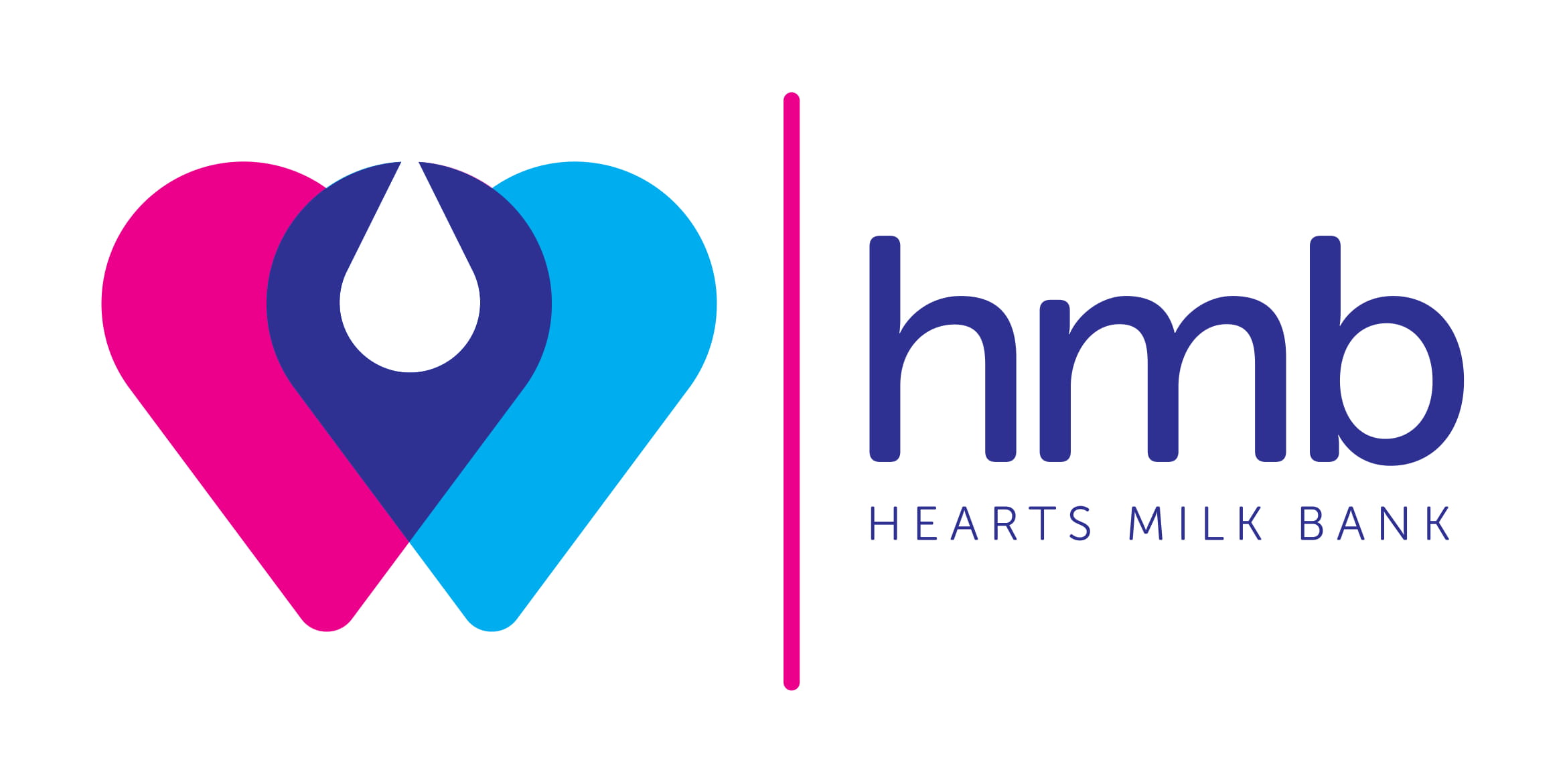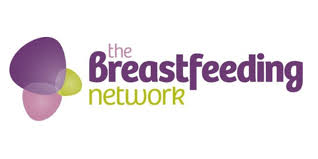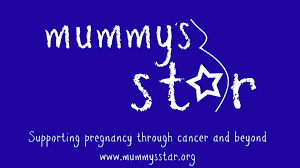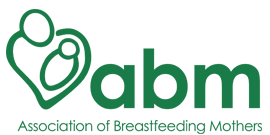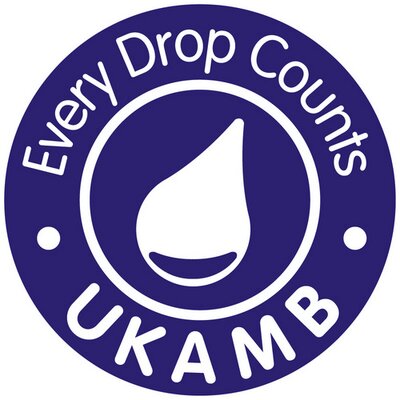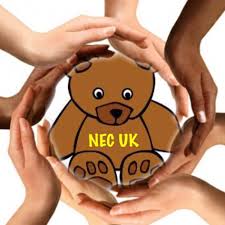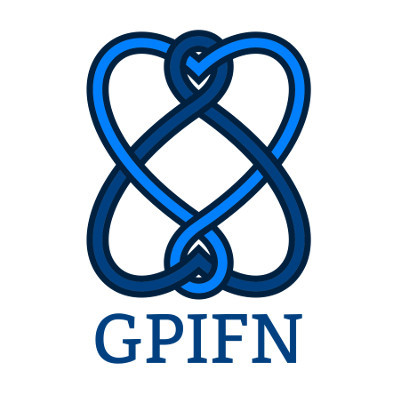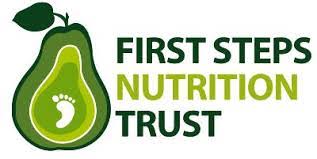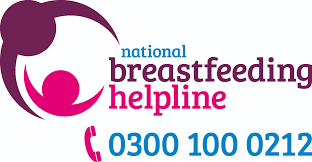Donor Breastmilk and Milk Kinship – A Guide for Muslim Parents
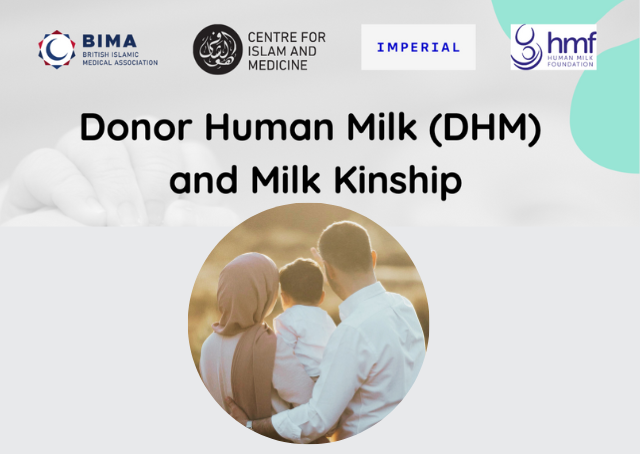
For parents of premature or unwell newborns, donor breastmilk can be a vital source of nutrition when a mother’s own milk supply is delayed. However, many Muslim families have questions about its permissibility in Islam and concerns about milk kinship.
Our new leaflet, developed in partnership with BIMA, the Centre for Islam & Medicine, and Imperial College London, provides clear guidance on:
-
Islamic perspectives on donor milk and milk kinship
-
How donor milk is sourced, processed, and tracked
-
Steps to ensure milk kinship traceability
-
Your rights & choices as a parent
If your baby is born early or they are unwell after birth, you will be supported to express your own breastmilk. Sometimes your milk supply may be delayed, especially during the first few days. If this is the case, you may be offered the option to feed your baby with donor breastmilk. Donor milk is breastmilk that has been donated by another mother to a milk bank, before being processed, checked for safety, and then distributed to neonatal units. Donor breastmilk is only given until you have enough of your own milk. Your own milk will always be given first.
Your midwife, health visitor, family nurse and feeding specialists are there to help you increase your breastmilk supply and to establish breastfeeding if that is what you choose to do. Starting to express milk as soon as possible after your baby is born (within the first 2 hours if possible), and expressing 8-10 times a day, with at least once overnight and with no long gaps, will help you to establish a good milk supply.
Is donor milk halal (permissible) for my baby to have?
Yes – the sharing of breastmilk for a baby in need is halal (permitted). Sharing of breastmilk through wet nursing, where a baby is fed by another woman is mentioned both in the Quran and Sunnah as the Prophet Muhammad (َ ﺻ َ ﲆ ﱠ ﷲُ ﻋ َ ﻠَﻴْﻪ ِ وَﺳ َ ﻠﱠﻢ) was also wet nursed in infant hood.
The use of donor breastmilk is in line with the Sharī`a, which emphasises the need for the preservation of human life, regardless of the religion of the donor. Religious texts are silent on the religion and diet of a wet nurse. The Prophet mentioned in a Hadith: “And Allah is silent on various matters, as a mercy for you (and) not due to forgetfulness, so do not ask regarding those matters.”
I have heard that sharing breastmilk may create issues related to marriage and kinship – does this apply to donor milk?
Wet nursing establishes milk kinship, as referenced in the Quran. However, there is a difference of religious opinion on whether the use of donor breastmilk also creates a family bond/ milk kinship relationship. It is important to note that it is still permissible for your baby to be given donor breastmilk if milk kinship is believed to be established. This is because donor breastmilk can be traced for milk kinship and marriage reasons in the future if needed, which is highlighted in this resolution: https://ukamb.org/resolution-on-the-use-of-donor-human-milk-for-muslim-infants/
The Islamic rulings (fatwas), including guidance from the UK, on donor milk can be found here:
https://www.e-cfr.org/blog/2017/11/04/twelfth-ordinary-session-european-council-fatwa-research/
https://www.academia.edu/24021307/Islam_and_Milk_Banks
https://www.muis.gov.sg/officeofthemufti/Fatwa/Milk-Bank—English
https://www.academia.edu/24021993/Islam_and_the_use_of_donor_human_milk
In the future, if I need to trace my baby’s milk donors for marriage reasons, how will I do that?
In the UK, all milk banks adhere to national guidelines. Milk donation is an anonymous process, but donor breastmilk is fully traceable, and records are kept for a minimum of 30 years. If there is a question of kinship, you will be able to determine if a future spouse for your child is a milk sibling or not. If your child’s potential mother-in-law has donated to a milk bank around the time your child received donor milk, the first step would be for the potential mother-in-law to check if her milk was used in the same hospital and at same time your child was receiving donor milk. This would involve contacting the milk bank to which she donated her milk. If her milk was used at the same time and same hospital, then the milk bank will provide the tracking details of all her milk used in that hospital at the time your child was there. This can then be checked alongside the tracking ID in your child’s medical notes to see if her milk was given to your child.
What information is needed to make tracing in the future easier?
All donor milk given to your baby is traceable using the following details:
- The unique ID numbers of the donor milk fed to your baby – this will be a unique number with or without letters
- The date it was given
- The name of the milk bank that provided the milk
- The date of baby’s admission and discharge from hospital
You may find it reassuring to also record the above tracking details of all donor milk your child is given, so that you have the details to use in the future if needed. The nursing team looking after your baby will be able to help you with this.
All of these details will also be in your child’s medical records at the hospital that cared for your child.
Will I be able to know the details of or how many milk siblings my child has?
Due to the need for anonymity, you will not be given information on who the donors of the breastmilk are, how many milk siblings your child has or who they are. Whilst donor breastmilk is not pooled (mixed) from different donors here in the UK, your baby may be given donor breastmilk from more than one donor. You will be able to check if a future spouse is a milk sibling through the process described above and illustrated in the flow chart below. The Human Milk Foundation is working closely with BIMA and CIM to explore options to support Muslim families concerned about milk kinship, traceability and anonymity. Please do get in touch with us if you wish to share feedback.
What if I don’t want my baby to have donor milk?
It is your choice as a parent, and your decision will be respected by your doctors and nurses. Donor breastmilk is offered because babies benefit from breastmilk as it is easily digested and contains immune boosting components that are only found in breastmilk. Babies who are fed only breastmilk have been shown to have increased protection from developing infections and serious gut complications. We know it can be hard to make a decision at such a difficult time, but please know that you are not alone. Your doctors and nurses will support you in your decision making and help with all your feeding questions.
If I have questions about using DHM for my baby, who can I contact?
It is understandable to have questions. Remember, it is your choice, and you will be supported regardless of the decision you make, by the team caring for your baby. If you need further information or support about why your baby needs donor breastmilk or its safety, speak to your child’s doctor or nurse.
You can also speak to your hospital chaplain – ask if there is a Muslim Chaplain who can discuss any Islamic concerns. If there isn’t, another chaplain may be able to find someone for you from another hospital. This leaflet has been written and endorsed by British Islamic Medical Association, Centre for Islam and Medicine, The Human Milk Foundation and UK Association of Milk Banking who can signpost to scholars in the UK and offer Islamic advice on the use of donor breastmilk.
Alternatively, you can also contact the Hearts Milk Bank team for further advice by emailing: info@heartsmilkbank.org.
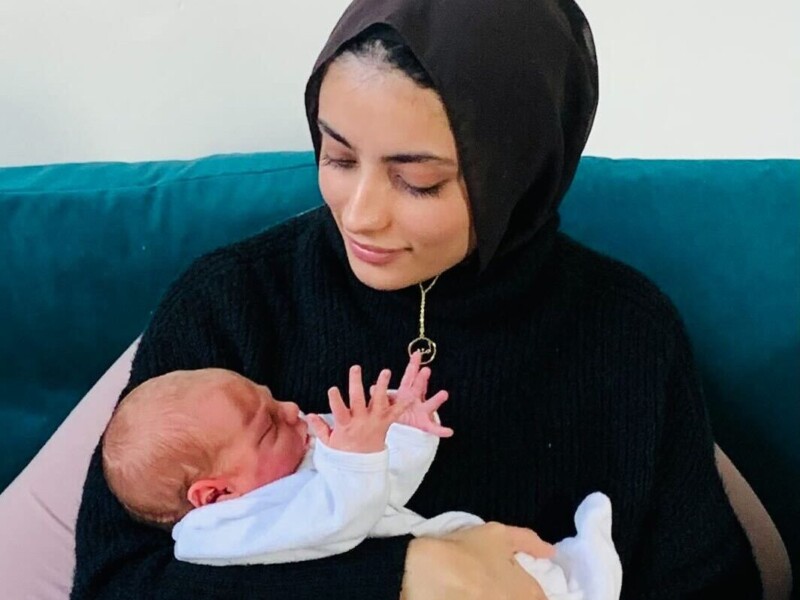
Ramadan Fasting and Breastfeeding
The Islamic month of Ramadan is practised by many Muslims all over the world. For those who observe Ramadan it is very special time of year – of faith, fasting, family and community. Pregnant and breastfeeding women are exempt from fasting if it affects their or their baby’s health and for some women this can be a hard adjustment.
At the Hearts Milk Bank, we understand how important and valued breastfeeding is in Islam from our research and studies around the use of donor human milk and milk kinship. Having spoken to many Muslim families, we know how central to faith the breastfeeding journey can be, including during the month of Ramadan. We have explored some of the questions about breastfeeding in Ramadan in more detail to help you make an informed choice that suits you and your baby best. Please have a read and share your thoughts and tips too.
Wishing you all Ramadan Kareem from the Hearts Milk Bank!

